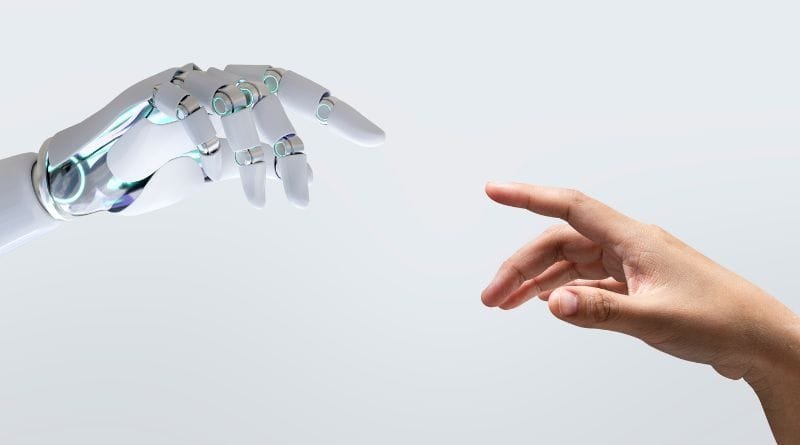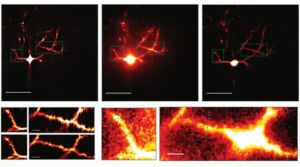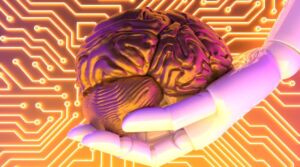
Artificial intelligence (AI) is reshaping numerous industries, significantly influencing human creativity and intellectual labor. As AI continues to advance, it is altering how we approach creative processes, problem-solving, and even cognitive tasks traditionally dominated by human intelligence. This transformation brings both challenges and opportunities, particularly in how we balance AI’s capabilities with the unique traits of human creativity.
Enhancing Human Creativity through AI Collaboration
One of the key implications of AI on creativity is the enhancement of human potential. AI-powered tools are now being used by artists, writers, musicians, and designers to augment their creative processes. These tools assist in generating ideas, creating music, producing visual art, and even writing text. For instance, AI algorithms can suggest creative solutions, helping to break creative blocks or generate variations that humans may not have considered. In this sense, AI acts as a collaborator rather than a replacement, expanding the boundaries of what individuals can achieve.
AI’s Impact on Intellectual Labor: Automation and New Opportunities
On the intellectual labor front, AI has already begun to automate routine tasks, such as data analysis, customer support, and even certain legal and medical functions. This has sparked concerns about job displacement, as AI systems become increasingly capable of performing tasks that once required human cognitive effort. However, the rise of AI also presents an opportunity to redefine intellectual labor by focusing on higher-order thinking, problem-solving, and strategic decision-making—areas where humans continue to outperform machines.
Conclusion: Balancing AI and Human Ingenuity
In conclusion, artificial intelligence in creativity and intellectual labor brings a blend of enhancement and disruption. While AI can augment human capabilities, it also challenges traditional notions of originality and intellectual effort. The key to navigating this shift lies in leveraging AI as a tool to complement human ingenuity, rather than as a substitute for it.



